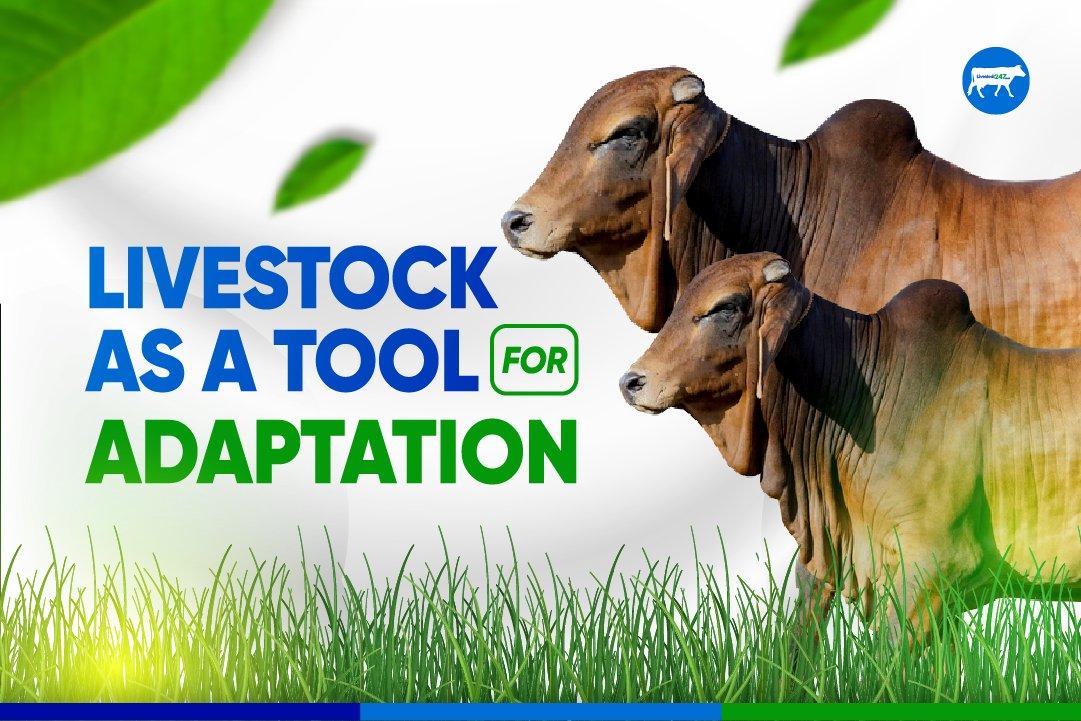Livestock247 - Livestock As a Tool For Adaptation
In the face of changing and unpredictable weather patterns, it has become riskier for farmers to solely rely on one crop or product. The incorporation of livestock into their practice can help farmers

Livestock is a great tool for climatic and economic adaptation. As the weather patterns become increasingly unpredictable due to global warming, livestock producers must find ways to adapt their practices to suit the current realities in order to maintain their livelihoods and feed the growing population. Also, people, not necessarily farmers, can come into the livestock value chain to earn money that can augment their current income.
As cases of droughts and flooding become more common leading to water resources being scarce, it has become more difficult for farmers to grow crops on all of their land. However, many types of livestock such as sheep and goats are already well adapted to grazing on lands that are too rocky for crops. This can help farmers continue to produce food even in the face of the changing climatic and economic conditions.
In the face of changing and unpredictable weather patterns, it has become riskier for farmers to solely rely on one crop or product. The incorporation of livestock into their practice can help farmers diversify their income streams and reduce risk. This is also helping the farmer adapt to the changes in the climate and economy. For example, a farmer who raises both cattle and crops may be better able to weather a drought than a farmer who only grows crops.
In many cultures around the world, livestock play important roles. They are often used in cultural and religious ceremonies and are seen as symbols of wealth and status within the community. Some cultures also see livestock the way we see our bank accounts. They keep livestock until they have a pressing need and then they sell one or some of their livestock to foot their bills. Incorporation of livestock adaptation strategies can help preserve some of these important cultural practices while building resilience against climate change.
While we understand that livestock production has its own environmental impact such as its contribution to the emission of greenhouse gases, soil degradation and water pollution. We can implement strategies to reduce these effects and produce livestock in a sustainable and responsible manner.
Deborah Dairo
Deborah Dairo is the content strategist for Livestock247
No comments yet. Login to start a new discussion Start a new discussion